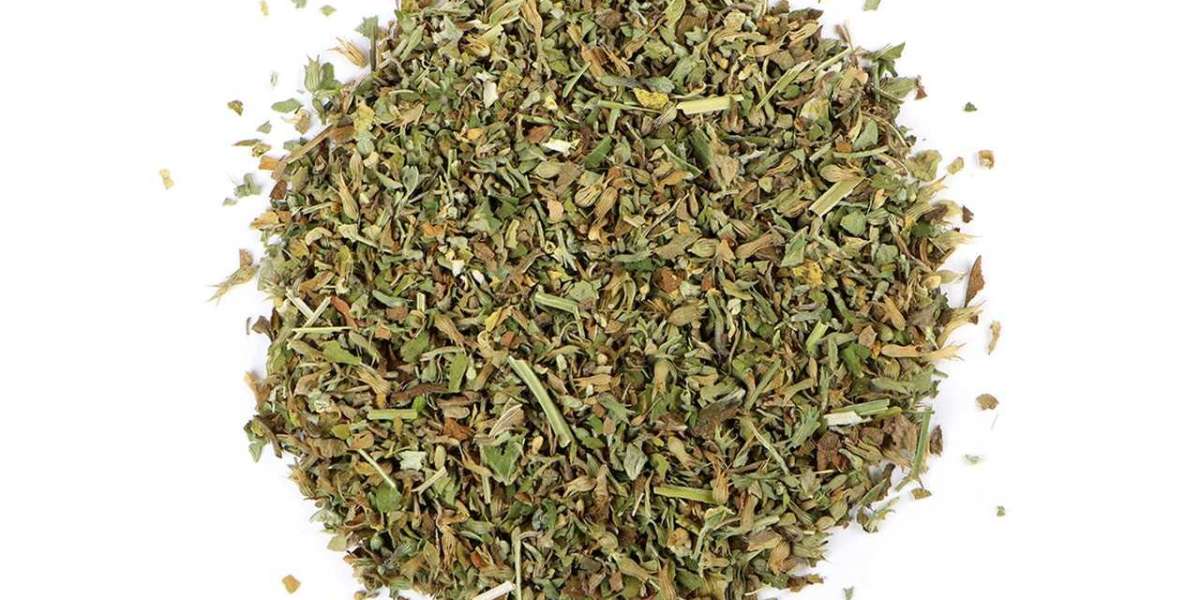organic catnip has become a favorite among cat owners looking to provide their pets with a safe, natural, and environmentally-friendly treat. Made without synthetic pesticides or chemicals, organic catnip offers a clean option that allows cats to enjoy all the fun and benefits of catnip in its purest form. Here’s an in-depth look at organic catnip, its benefits, uses, and what to consider when choosing the best organic catnip for your feline friend.
1. What Makes Catnip Organic?
Organic catnip is grown without the use of synthetic fertilizers, pesticides, or genetically modified organisms (GMOs). Certified organic products meet strict standards for environmental practices, ensuring that the catnip is free from harmful chemicals and grown in soil that promotes plant health and biodiversity.
2. Benefits of Organic Catnip
Switching to organic catnip provides many advantages for both cats and owners:
Safe and Non-Toxic: Organic catnip is free from synthetic chemicals, so you can feel confident that your cat is enjoying a safe product, especially if they tend to nibble or chew on their toys or loose catnip.
Environmental Sustainability: Organic farming practices help conserve soil, water, and biodiversity, making organic catnip an eco-friendly choice.
Enhanced Potency and Freshness: Organic catnip is often grown and harvested in conditions that preserve the natural potency of nepetalactone, the compound responsible for the catnip effect. This can result in a fresher, more fragrant product that cats enjoy.
Support for Organic Farmers: By choosing organic, you support farmers who use sustainable methods and prioritize eco-friendly practices, contributing to the demand for organic products.
3. How to Use Organic Catnip
Organic catnip can be used in a variety of ways to entertain and enrich your cat’s life:
A. Sprinkle It on Toys or Scratchers
You can sprinkle a pinch of organic catnip on your cat's favorite toys or scratching posts to encourage play and engagement. It’s a great way to refresh older toys or introduce new ones.
B. Add It to Bedding
Sprinkling catnip on your cat's bedding or blanket can create a relaxing environment. Many cats enjoy rolling in catnip, and adding it to bedding can make a cozy, inviting space.
C. Use with Catnip Spray
Organic catnip spray is a convenient way to spread the scent without making a mess. Spray it on toys, scratchers, or even cat furniture to encourage play.
D. Mix with Food (In Moderation)
Some organic catnip is food-grade, meaning it can be added to your cat’s food as a special treat. Always check the packaging to confirm it’s safe for ingestion, and start with a small amount to see how your cat responds.
E. Grow Your Own Organic Catnip
If you prefer the freshest option, consider growing organic catnip indoors or outdoors. It’s relatively easy to cultivate and allows your cat to enjoy the plant straight from the source.
4. Choosing the Best Organic Catnip
When selecting organic catnip for your cat, consider the following factors:
Certifications: Look for labels such as USDA Organic, which ensure the product meets specific organic standards. These certifications indicate that the catnip is free from harmful chemicals.
Packaging: Choose catnip that is packaged in a way that preserves its freshness, such as resealable bags or jars. This helps maintain the aroma and effectiveness.
Form: Organic catnip comes in different forms, including dried leaves, sprays, and infused toys. Consider what will work best for your cat’s preferences and your intended use.
Quality and Freshness: High-quality organic catnip should have a potent aroma. If it has a weak or stale smell, it may have lost some potency.
5. How Often Should You Give Organic Catnip?
While organic catnip is safe, it’s best to offer it in moderation:
Limit Frequency: Too much catnip can lead to overstimulation. Giving catnip once or twice a week is generally a good guideline.
Monitor Reactions: Some cats may become overly excited, while others may be indifferent. Always observe how your cat reacts, and adjust the frequency as needed.
6. Safety Considerations
Although organic catnip is safe, it’s wise to keep a few things in mind:
Supervise Playtime: Some cats may become extra energetic or even aggressive with catnip. Supervise them during play to ensure they don’t become too excited.
Use on Adult Cats: Catnip typically doesn’t affect kittens under six months old. Wait until your cat is older to introduce catnip, as younger cats may not respond.
Storage: To maintain potency, store organic catnip in a cool, dry place away from direct sunlight.
7. Conclusion
Organic catnip offers a safe, eco-friendly, and enjoyable way to enrich your cat’s life. With its natural potency and purity, organic catnip can provide hours of entertainment, relaxation, and exercise. By choosing organic, you’re giving your cat a healthier option and supporting sustainable farming practices. Whether sprinkled on toys, added to bedding, or used as a treat, organic catnip is a fantastic addition to your cat’s playtime routine that’s sure to bring out their natural joy and excitement.


